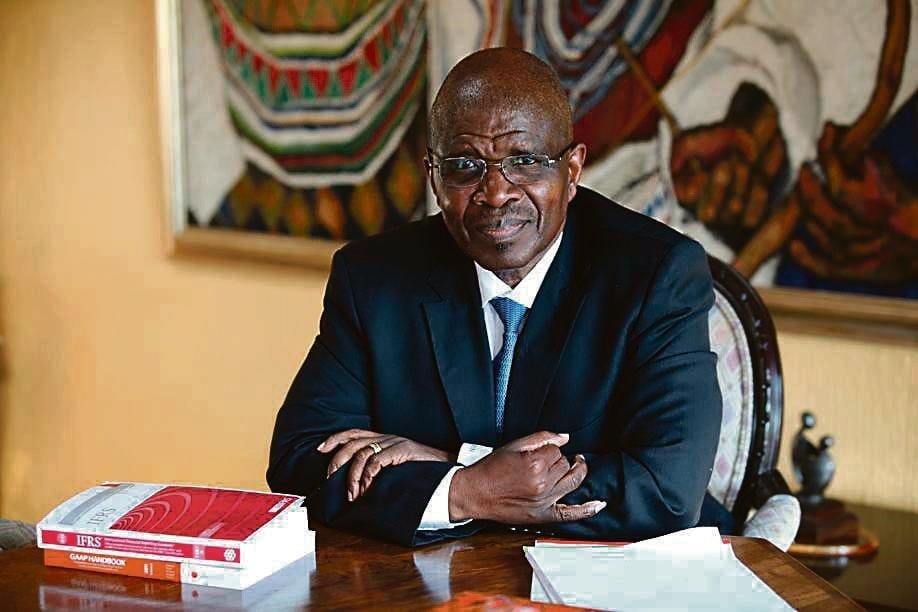
Corporate SA is viewed as self-serving and elitist. It has the uphill task of convincing citizens of its being an asset to economic growth, writes Wiseman Nkuhlu.
It is timely that, after a period of intense political focus in the country, the Brand Summit SA will return the focus to corporate South Africa.
No one, of course, can be in any doubt that the choices made by our politicians are decisive in shaping the fortunes of our country.
You only need to look at how our fortunes have waxed and waned over the 25 years of democracy and at the justifiable importance attached to the May 8 election, which will likely shape the country’s political trajectory for years to come.
For all this, a country’s brand is not shaped in the main by its politicians.
Unusually, South Africa is a country where a single individual – Nelson Mandela – features prominently in global public perceptions.
But in significant part, people associate a country with its natural heritage and in South Africa’s case a mix of wine, waves and wildlife.
Many perceptions will have been shaped also by sport, from the 1995 Rugby World Cup triumph, through the hosting of the 2010 World Cup tournament, to the modern-day successes (and travails) of Caster Semenya and Kagiso Rabada.
The tourist brand, however important it is, especially for South Africa, is not the only one that informs and shapes perceptions about our country.
There is also the country’s reputation with foreign investors and businesses, where the focus is on growth and stability, as well as risk and returns.
Here it is not the country’s natural bounty that shapes perceptions as much as the words and actions of government.
It is important to add that there is a respectable group of South African companies that have made a name for themselves on the world stage.
This includes the likes of Anglo American, MTN, Discovery and what was SABMiller.
Undoubtedly, the heft and achievements of these companies have added to positive perceptions of the country.
But we must consider what the reputation of the corporate sector is among South Africans.
In recent years, the news flow around corporate South Africa has hardly been helpful, with a long list of organisations, including my own, caught up in various controversies.
Unfortunately, these took place against a political backdrop that was not well disposed to business.
Only recently, Ann Bernstein, the executive director of the Centre for Development and Enterprise, talked of “the deep anti-business animus”, sitting alongside a notional commitment to economic growth, being part of “the DNA of South African politics”.
If that is how politicians talk, it is no wonder many voters think the same.
In short, corporate South Africa has a mixed reputation, at least within our borders. It is quite right to ask how this came about and what can be done.
To a certain extent it is the result of ignorance and ideology, but in a country as unequal as our own, where life opportunities are so different depending on where and to whom you are born, it is hardly surprising that there is scepticism about a system that delivers these outcomes.
The country desperately needs the economy to grow as this is the only way in which the economic upliftment of its citizens will be achieved.
Here the powerful corporate sector is undoubtedly a huge asset, but clearly there remains a huge educational challenge to persuade South Africans that business is a national asset whose success will be integral in solving the country’s development challenges.
Organisations such as Business Leadership SA are doing good work in this space, but it is too important to leave to others.
As business leaders, through our daily work, we need to build trust in business.
Only this way are we likely to achieve the virtuous circle of a more positive policy environment that contributes to faster growth and more job creation, supports socioeconomic upliftment and, in turn, builds trust in business as the critical agent of service delivery and development.
This work must start at home. It is no good business committing to ambitious social goals if we are not living those same values every day in how we do our work.
And, of course, business does not stand aside from society in the way people often talk.
Business is nothing more than society at work and it is our job to ensure that our colleagues become enthusiastic supporters of business because only this way will we start to address some of the prejudices that attach to business.
This topic is close to home for KPMG because over the past two years we have been hugely engaged in remedial activities to help address the various mistakes the business made.
We are, in consequence, a fundamentally different business today.
Far-reaching changes have been introduced to governance, leadership, risk management, client engagement and client continuance, as well as in audit quality controls.
But, as important as all of this has been, our recommitment is to serving the public interest and our clients. Only this way can we continue our journey of rebuilding trust in the organisation.
While serving the public interest has a particular meaning for auditors, it is nevertheless a concept that has broader resonances across the business community.
There is growing awareness among leading investors and businesspeople across the globe that business needs to do a much better job of persuading society that it does not only exist to serve the narrow interests of its shareholders.
This does not mean that businesses must all of a sudden behave like charities, but it does mean that businesses must at all times consider what it means to be a good corporate citizen and how they are living up to that standard.
Certainly, businesses must do well by their personnel, clients and shareholders, but it is essential that society, broadly defined, also feels like it is benefiting from business activities.
I know many South African businesses are making great efforts to address these challenges, just as we are at KPMG.
It is for this reason that I am confident to say that the corporate sector will, over time, add increasing value to strengthening South Africa, the country brand.
We, at KPMG, look forward to engaging further in this discussion at the upcoming Summit South Africa.
.Nkuhlu is chairman of KPMG Southern Africa
. This year’s Brand Summit SA takes place from June 6 to 8. Visit sabrandsummit.co.za for more information




 Publications
Publications
 Partners
Partners








